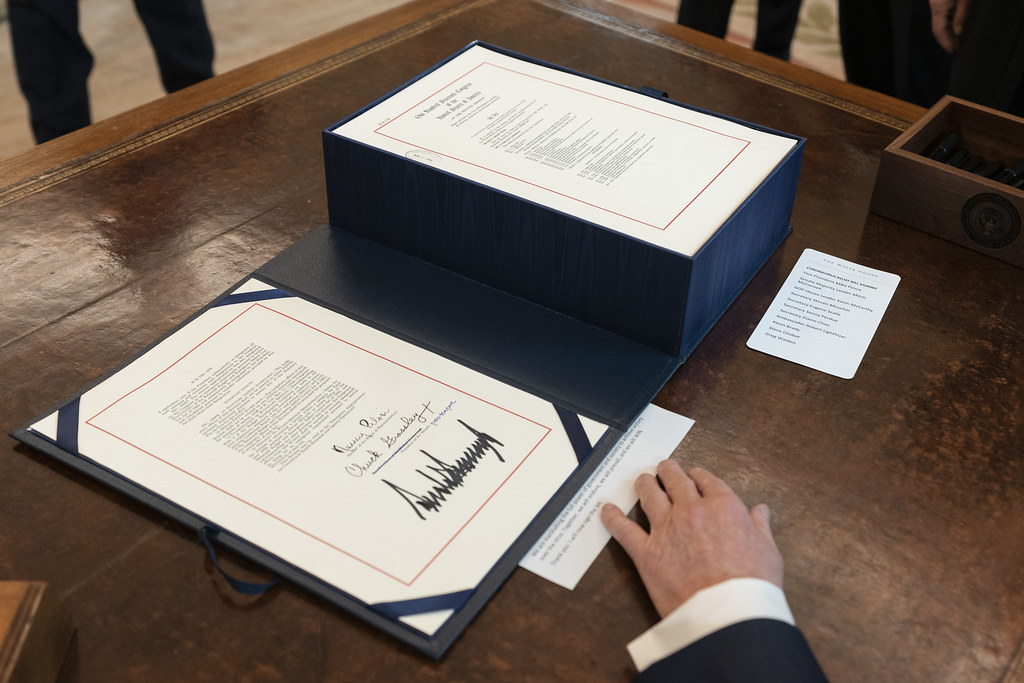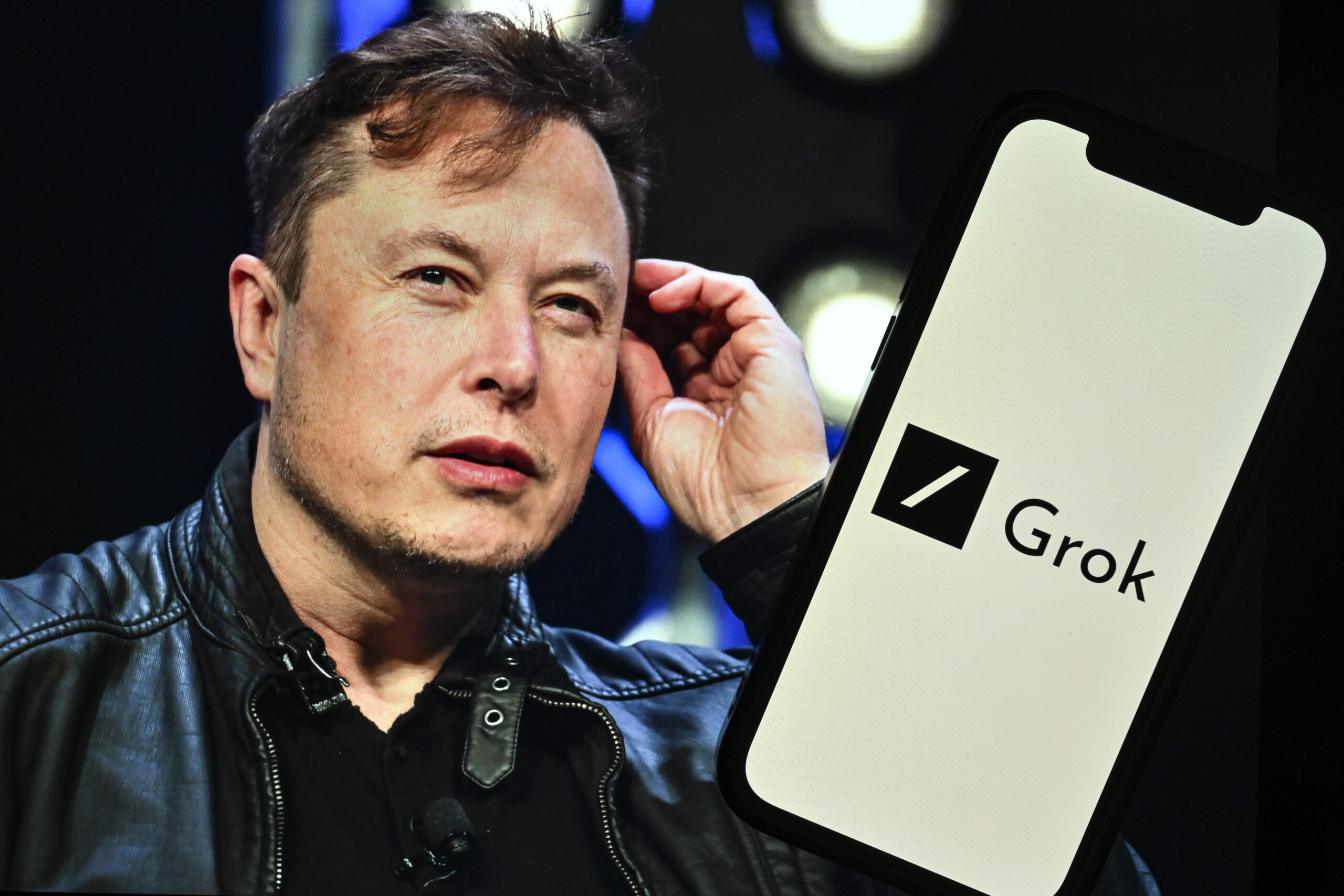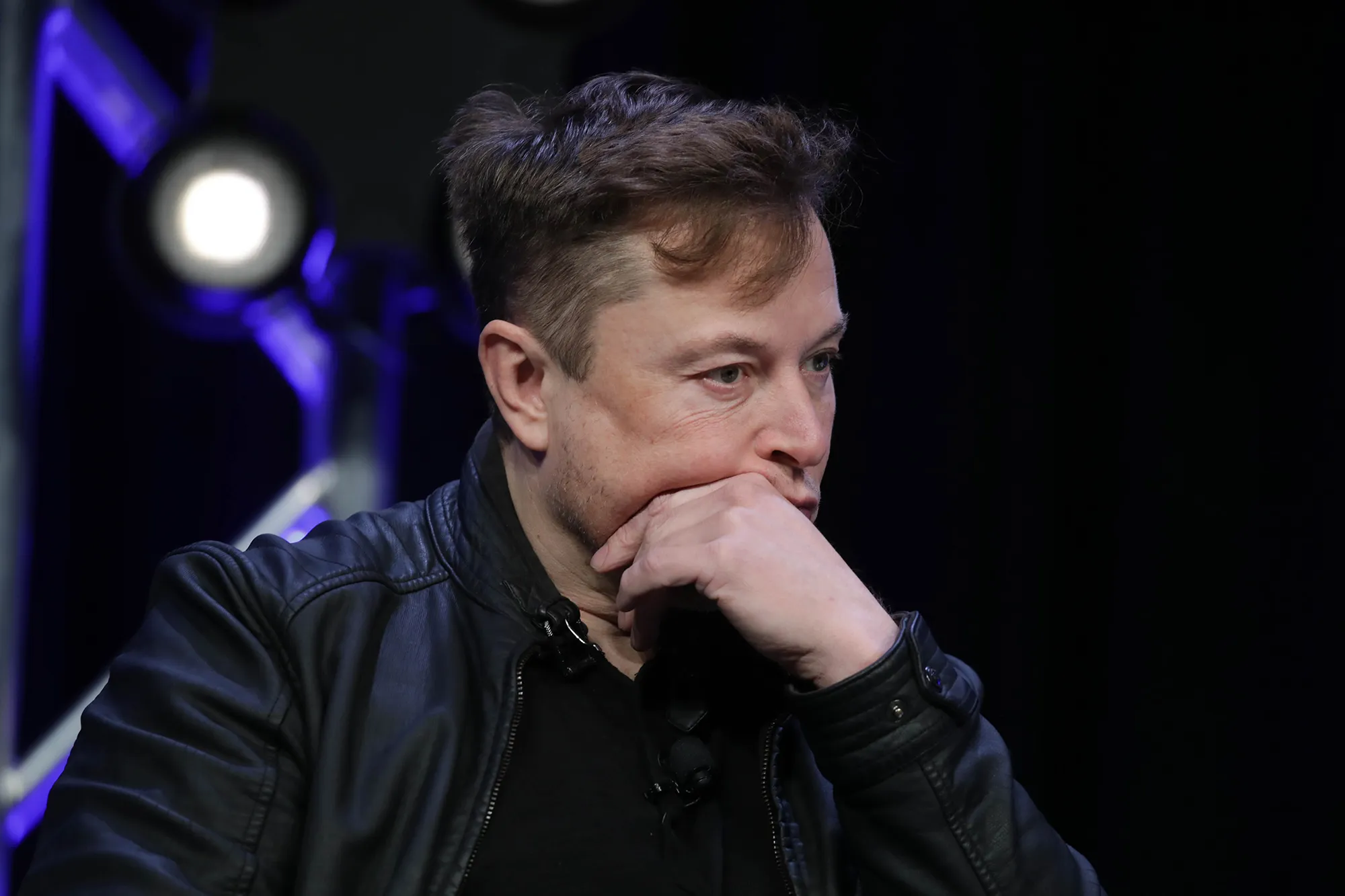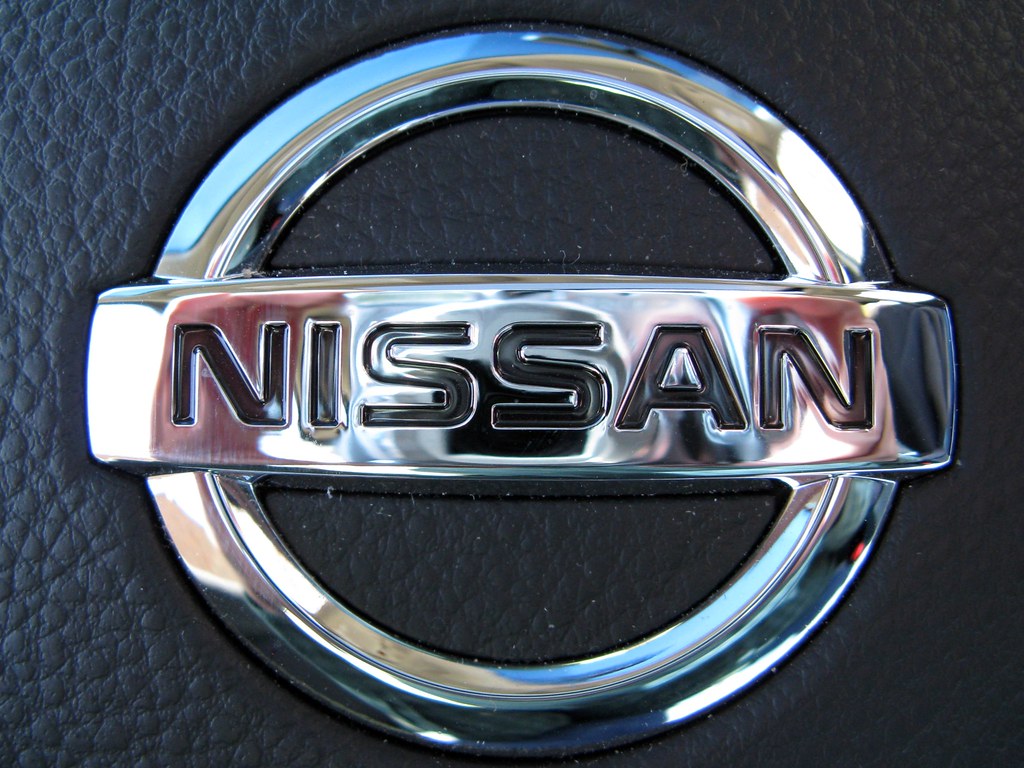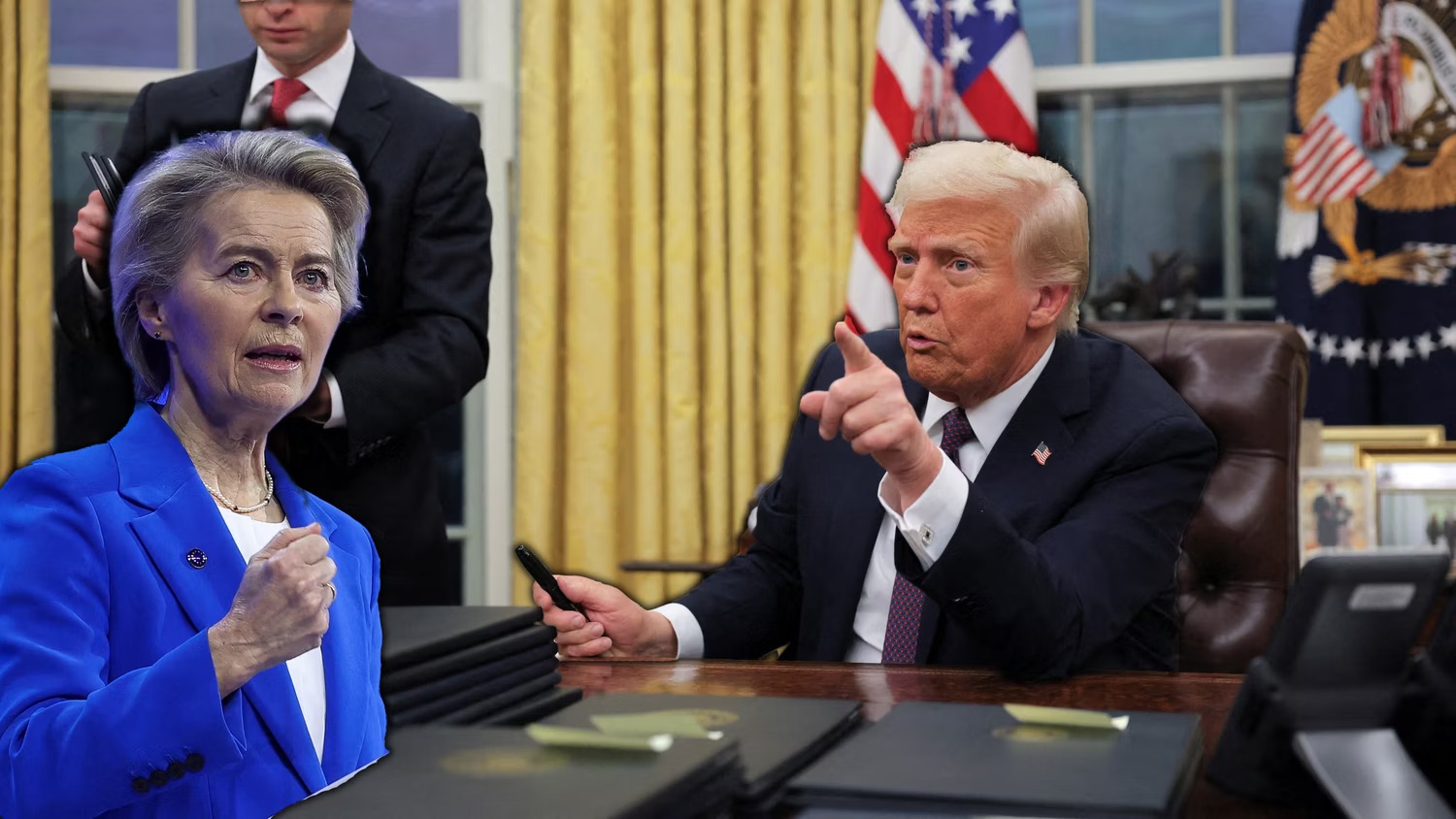U.S. District Judge Reed O’Connor has stepped down from overseeing X’s antitrust lawsuit against several major advertisers, just days after a report revealed that he owns stock in Tesla, the electric vehicle company led by Elon Musk, who also owns X.
The recusal notice, filed on August 13, did not specify the reason, but the timing closely follows NPR’s report on O’Connor’s financial ties to Tesla.
Judge O’Connor’s Role in X Lawsuits
O’Connor had been assigned to two cases involving X. The first is the antitrust lawsuit where X accuses companies like Unilever, Mars, CVS Healthcare, and Orsted of colluding to boycott the platform. The second case, which O’Connor still presides over, is X’s lawsuit against Media Matters for America. This lawsuit arose after Media Matters published a report showing that ads from major brands were appearing next to pro-Nazi content on the platform.
NPR reported that O’Connor’s financial disclosure showed Tesla stock holdings valued between $15,001 and $50,000. Given Musk’s leadership of both Tesla and X, this posed a potential conflict of interest in the antitrust case. Additionally, O’Connor’s investments include Unilever, a defendant in the advertiser lawsuit, further complicating his role in the case.
Critics Accuse X of Forum Shopping
Critics have pointed out that the Northern District of Texas, where these cases were filed, has a unique system that allows plaintiffs some control over which judge might hear their case. This led to accusations that X was “forum shopping,” or deliberately choosing a court that might be more favorable to its claims. The concern is heightened by the fact that neither X nor the defendants are based in Texas, though Musk has expressed plans to move X’s operations to the state.
X’s legal actions have had significant repercussions. The World Federation of Advertisers, named in the antitrust lawsuit, saw its Global Alliance for Responsible Media (GARM) disband due to the need to redirect funds toward legal defense.
Critics argue that X’s lawsuit might struggle to prove antitrust violations, with legal experts noting that politically motivated boycotts are generally considered protected speech under the First Amendment.
In another legal battle, X recently faced a setback when a California judge dismissed its lawsuit against the Center for Countering Digital Hate. The judge ruled that the case was an attempt to punish the defendants for their speech.


